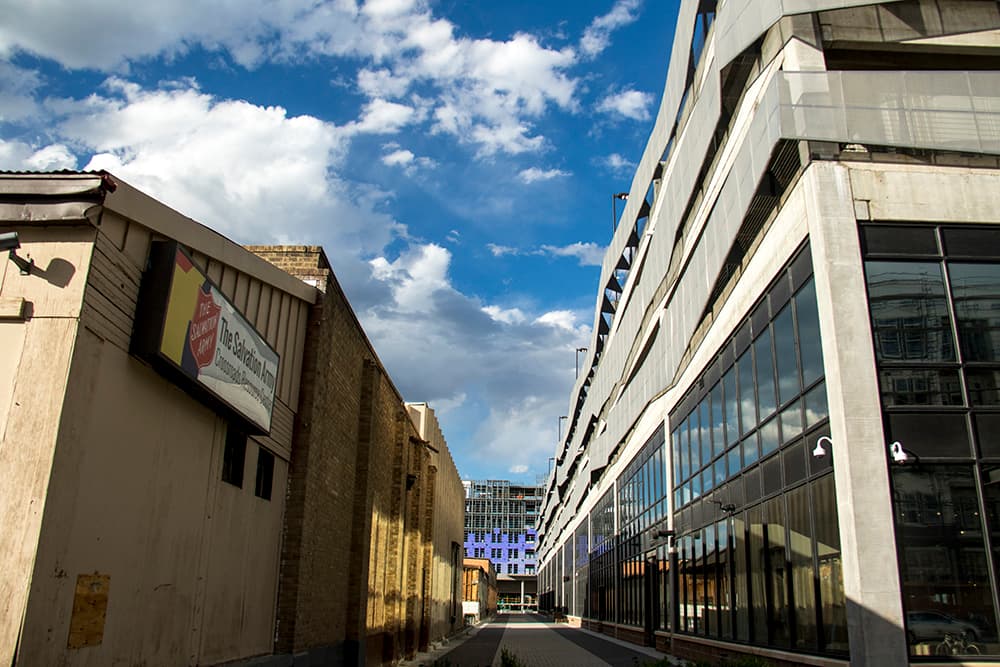Hearing that the city of Denver is proposing to pay $10.5 million to buy the Salvation Army's battered Crossroads facility, James Aidken interrupted with a question:
"And tear it down?"
The city says the Salvation Army will continue to operate Crossroads for at least three more years, providing men like Aidken a free mat for the night or, for a low price, a longer term cubicle with a bed. Britta Fisher, Denver Economic Development & Opportunity's chief housing officer, said the Five Points site will continue to play a part indefinitely in efforts to address homelessness and lack of affordable housing.
Speaking at Crossroads Friday, Fisher, who also is the designated head of a new planned city department of housing, said she could not yet be more specific about plans beyond the three-year, $1-a-year lease the city has proposed for the Salvation Army to run Crossroads. Fisher said three years was a typical period before putting such a contract up for renewal. The Salvation Army began offering shelter at Crossroads in 1983.
In a joint statement earlier Friday, the city and the Salvation Army said they had executed a letter of intent for the sale, expected to close by the end of September. The agreement must be approved by the Denver City Council in a process that starts with a finance and governance committee hearing next week.
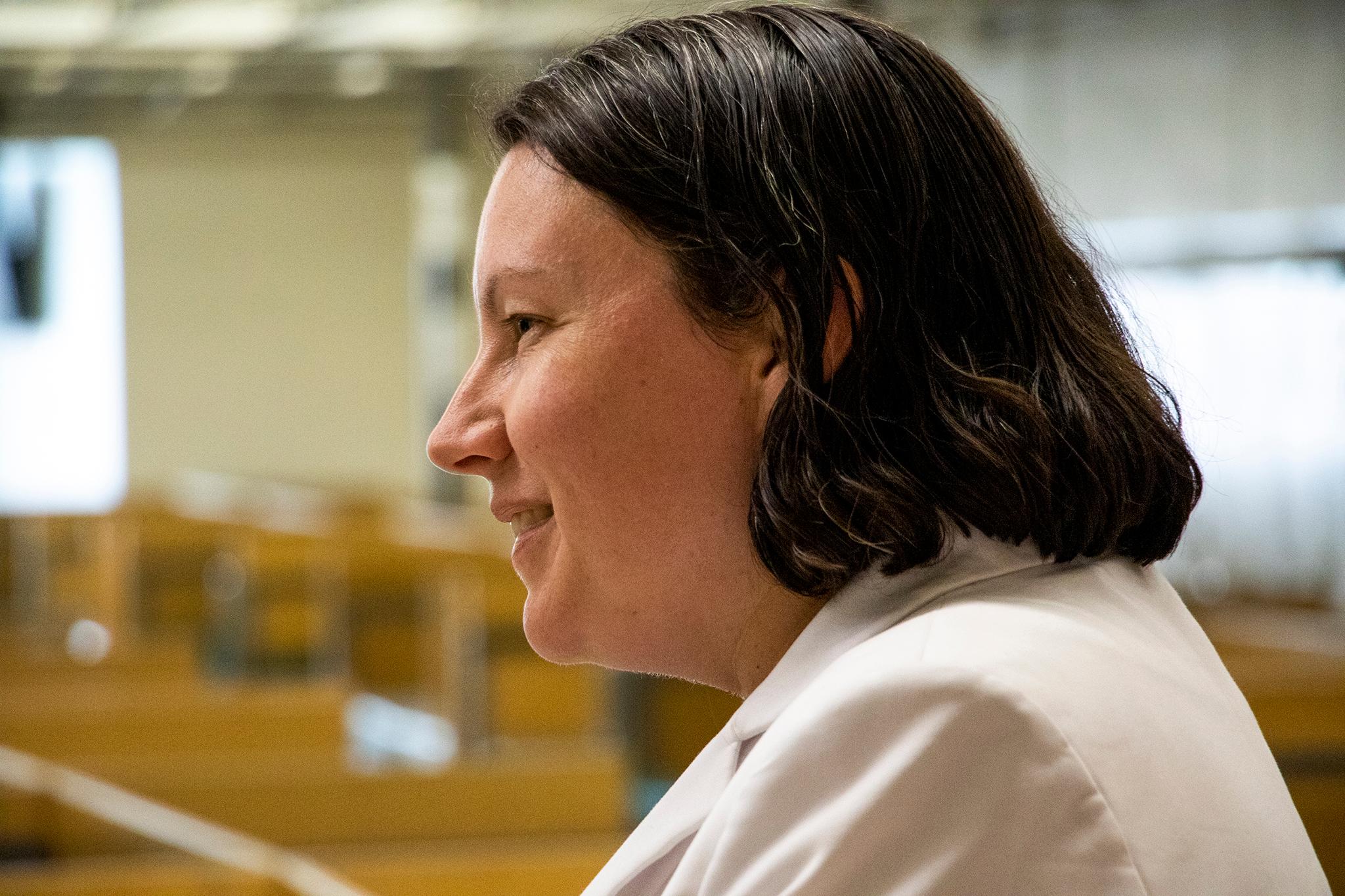
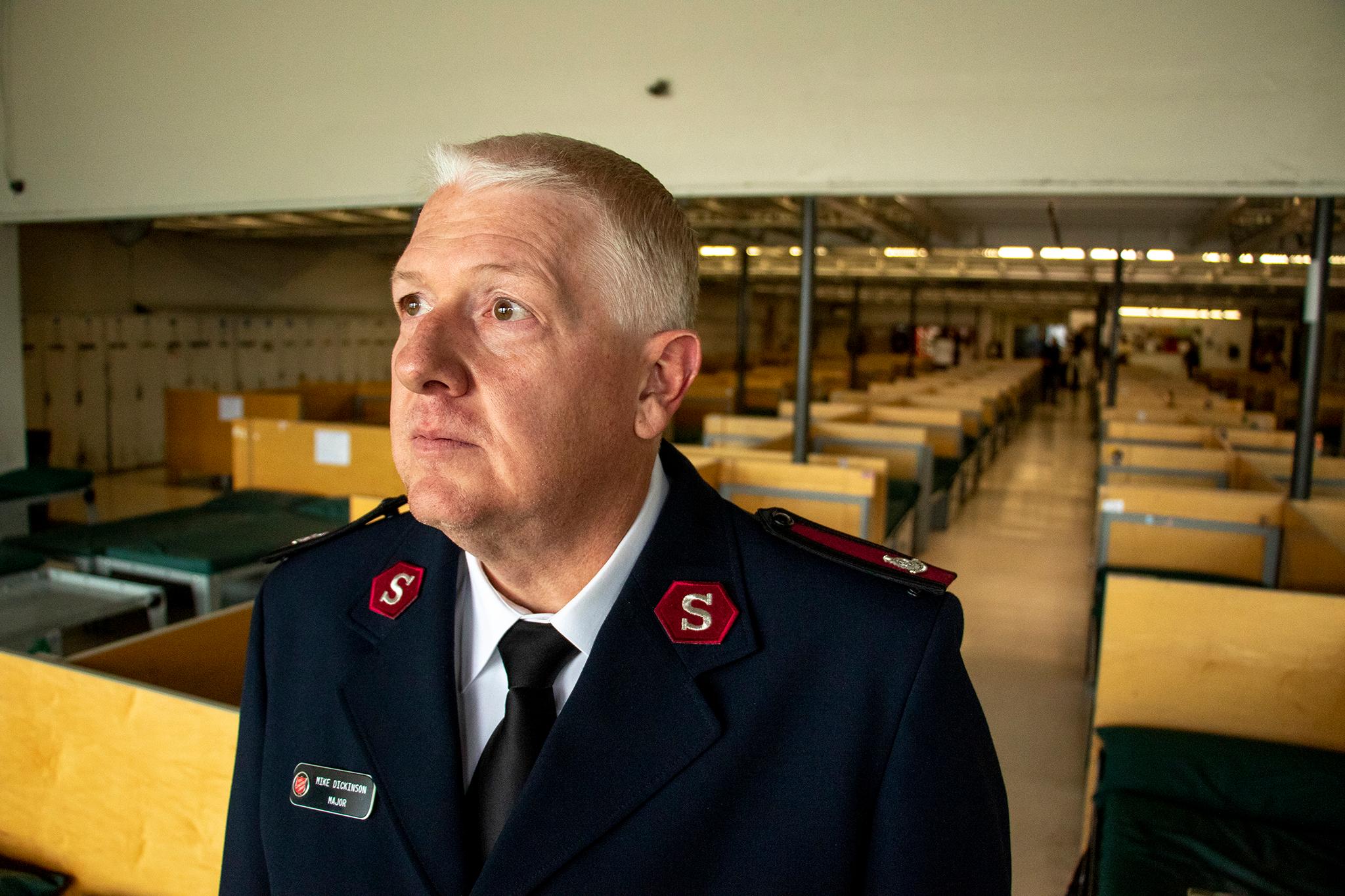
The city in 2017 had identified safety problems involving sprinklers, exits and portable toilets at the building, which was a warehouse for decades before a donor gave it to the Salvation Army. It has undergone more than $300,000 in repairs and renovations in recent years, according to Rachael Fowler, a spokeswoman for the Salvation Army. The city's Fisher said an assessment of the building's condition was underway.
The Salvation Army had been considering tearing down and replacing the facility at 1901 29th St., behind INDUSTRY on Brighton Boulevard and a block from gleaming apartment buildings where studios start at $1,405 a month.
At Crossroads, in addition to 200 mats available free on a first-come, first-served basis overnight after the building opens at 4 p.m., men can rent one of 250 beds with lockers underneath and privacy panels for $60 a week. One of 30 lockable cubicles the size of dorm rooms with beds, dressers and sometimes desks can be rented for $90 a week. Residents share blocks of showers and toilets. Crossroads has laundry facilities but no kitchens.
"It's essentially like a working man's boarding house," said Kristen Baluyot, a Salvation Army manager who was helping out with Crossroads tours Friday.
Major Mike Dickinson, the Salvation Army's divisional commander, said some of those sheltered at Crossroads are working and lost housing because of gentrification.
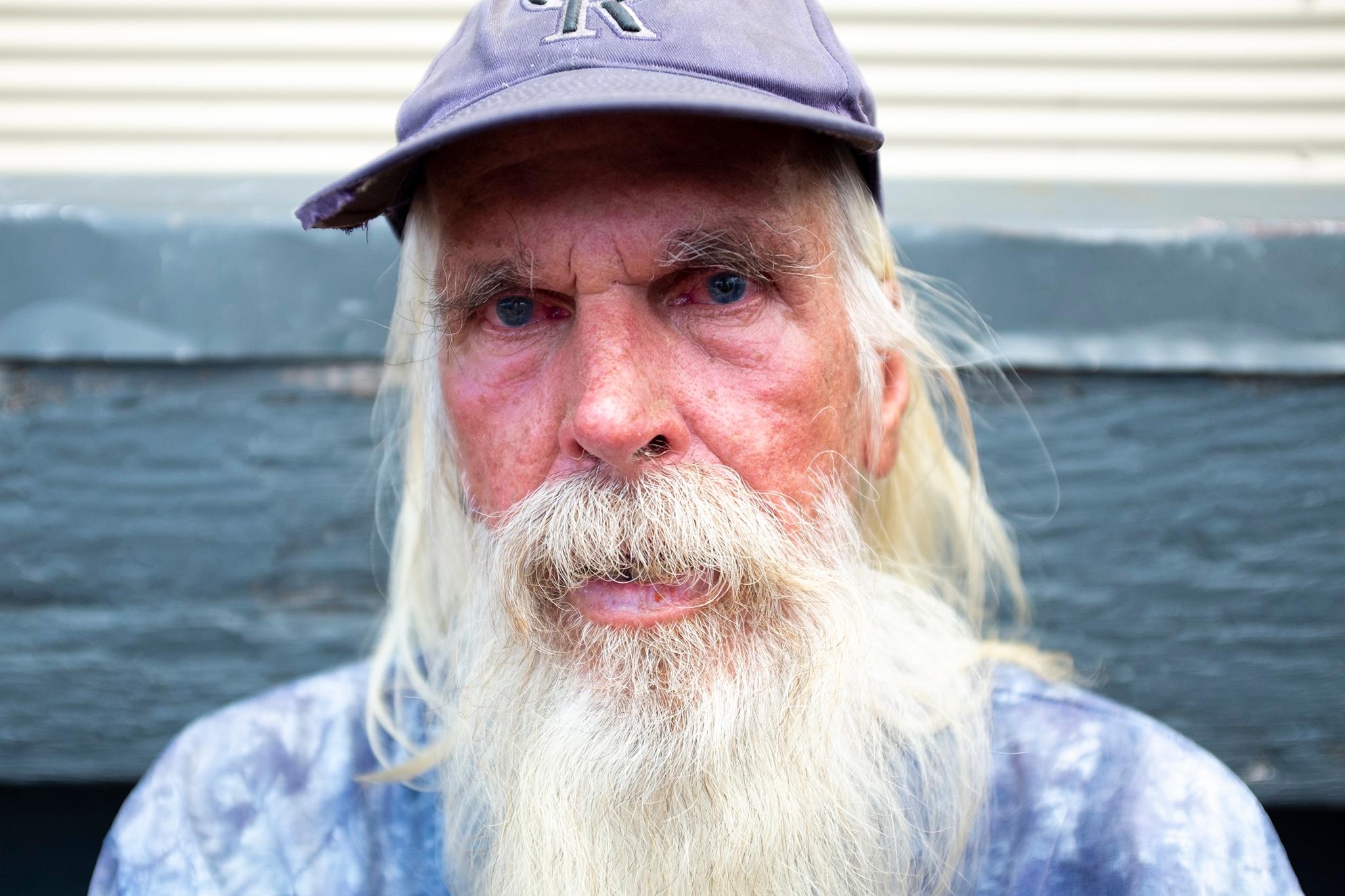
Aidken, sitting outside Crossroads Friday with friends waiting for the building to open, said he had been hearing rumors the facility would be torn down as early as this winter.
Aidken said he was planning to spend the night at the Denver Rescue Mission. The 65-year-old Los Angeles native said for the last five or six years he has been moving between motels and shelters after moving to Denver from Boise, Idaho. He was drawn by curiosity about legal marijuana and a desire to see a new part of the country, he said.
"Denver's pretty expensive," he said. "A lot of people probably will never get out of the rut (of homelessness)."
Aidken has worked in restaurants and held other jobs and now gets by on a small retirement income.
"One of the reasons I'm homeless is I've never had a great career," he said. "And I regret that."
Salvation Army case managers try to help longer term Crossroads residents find permanent housing. Dickinson, the Salvation Army's divisional commander, said his organization also has proposed using the site, now closed to most people during the day, as a day shelter as the city revamps its shelter strategy to try to serve more people.
Dickinson said he had received private offers for the building though it was not for sale. He said none of those offers fit with his faith-based nonprofit's commitment to helping people experiencing homelessness.
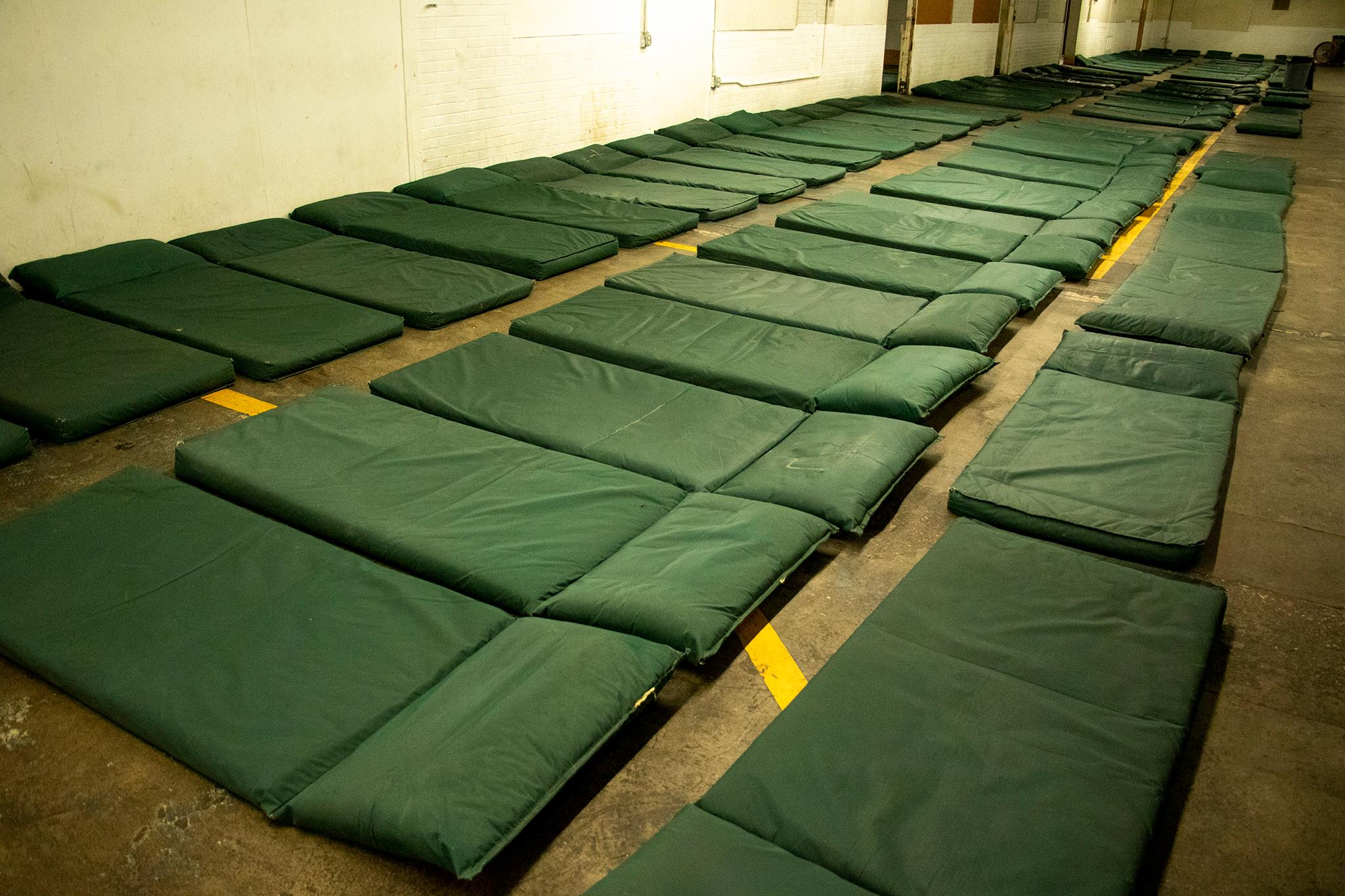
The city's offer also was unsolicited, Dickinson said. In addition to allowing the Salvation Army to continue sheltering people experiencing homelessness at the site, he said the $10.5 million would allow his organization to enhance its operations across the city.
"We took an important proactive step to preserve the future of this site," the city's Fisher said.
The city currently owns one shelter, operated by the Denver Rescue Mission. Josh Geppelt, the mission's vice president for programs, stopped by Crossroads Friday after hearing of the proposed sale.
Geppelt said he was concerned about the future of Crossroads in part because any changes in services there could add to pressure on the mission. He said he wondered whether the city would invest in Crossroads.

